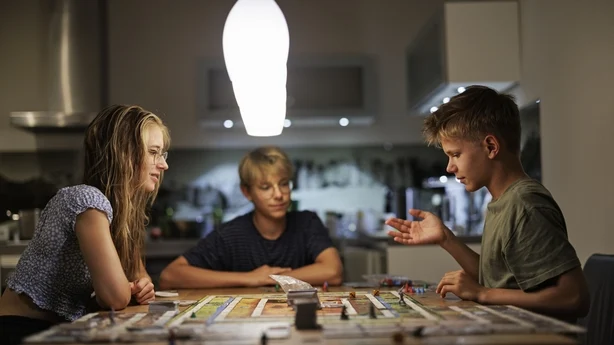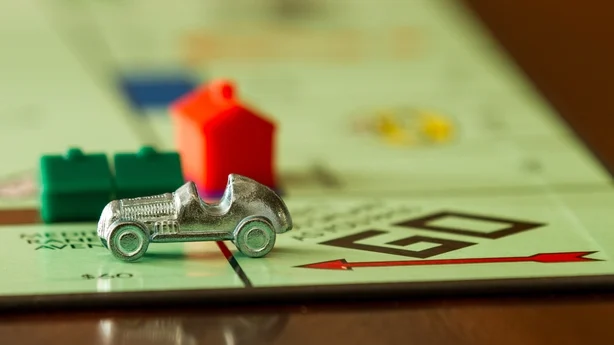Stay updated with the latest beauty tips, trends, and news from our salon experts. Our blog is your go-to source for all things beauty.
Board games down the years have helped to both educate, entertain and create fun. One of those fun board games is one where you can both learn all about finance and potentially earn. John Lowe of MoneyDoctors.ie explains…
You probably played Monopoly either as a child or with your own children. It's been a popular board game for more than 118 years. It is now known that the game's origins stem from the 1903 Landlord game by Elizabeth - Lizzie - J. Phillips (née Magie; 1866–1948), and not fully 'invented’ by Charles Darrow who is most commonly awarded with its creation.
However, it was Darrow who gave it the visual appeal and believed in the game to market it across the nation after the large game companies rejected its worth. Based on the actual streets of Atlantic City New Jersey, Darrow eventually sold his game to the Parker brothers (George and Charles) in 1935 who purchased Darrow’s remaining inventory of around 7500 games and sold them almost immediately.
The 1935 Christmas season came in with selling around 250,000 games total. Demand did not stop there, and the following year, in 1936, Parker Brothers sold over one million games.

So how can you learn personal finance from this board game?
Firstly, there is a banker or auctioneer. He or she handles the money as they do in real life. The banker handles auctions, again just as a bank would in real life. The banker holds title deeds, pays out salaries and bonuses, sells houses and hotels to the players and when required loans money on mortgages.
He or she collects all fines, taxes, loans and interest and these people are as important and effective as in real life.
Secondly, the object of the game is the similar to the dreams, goals and ambitions most people want in life, which is to become financially secure. The way you create wealth is by making smart investments. What Monopoly teaches is that it’s important to buy the right properties and in our own lives it is important to make good investments.

Another lesson to be learned from the board game is that it’s best to diversify – the buzz word when it comes to spreading your risk - or to buy properties that have different values.
You shouldn’t buy only the most expensive properties - such as Shrewsbury Road or Ailesbury Road - as this would limit your ability to collect rents and ultimately to buy houses and hotels. In real life, you shouldn’t invest only in high-yield government bonds or selected managed funds as this could limit your ability to have a variety of different investments to protect yourself from economic down turns – and have we had some down turns over the last 10 to 20 years!
Luck plays a part in both games and in our lives. Sympathies to all those caught out in the recession 16 years ago or even the Coronavirus market crash 4 years ago though this only lasted 6 months before the bounce back.
The dice determines where your piece lands on the board, which governs the properties you can buy. Luck plays a part in the throw of the dice while it also extends to people who are born to wealthy parents and who may stand a better chance of being successful than people who are born in poverty.
You could do worse than to play the game and learn.

Here are some interesting facts about Monopoly:
For more information click on John Lowe's profile above or on his website.